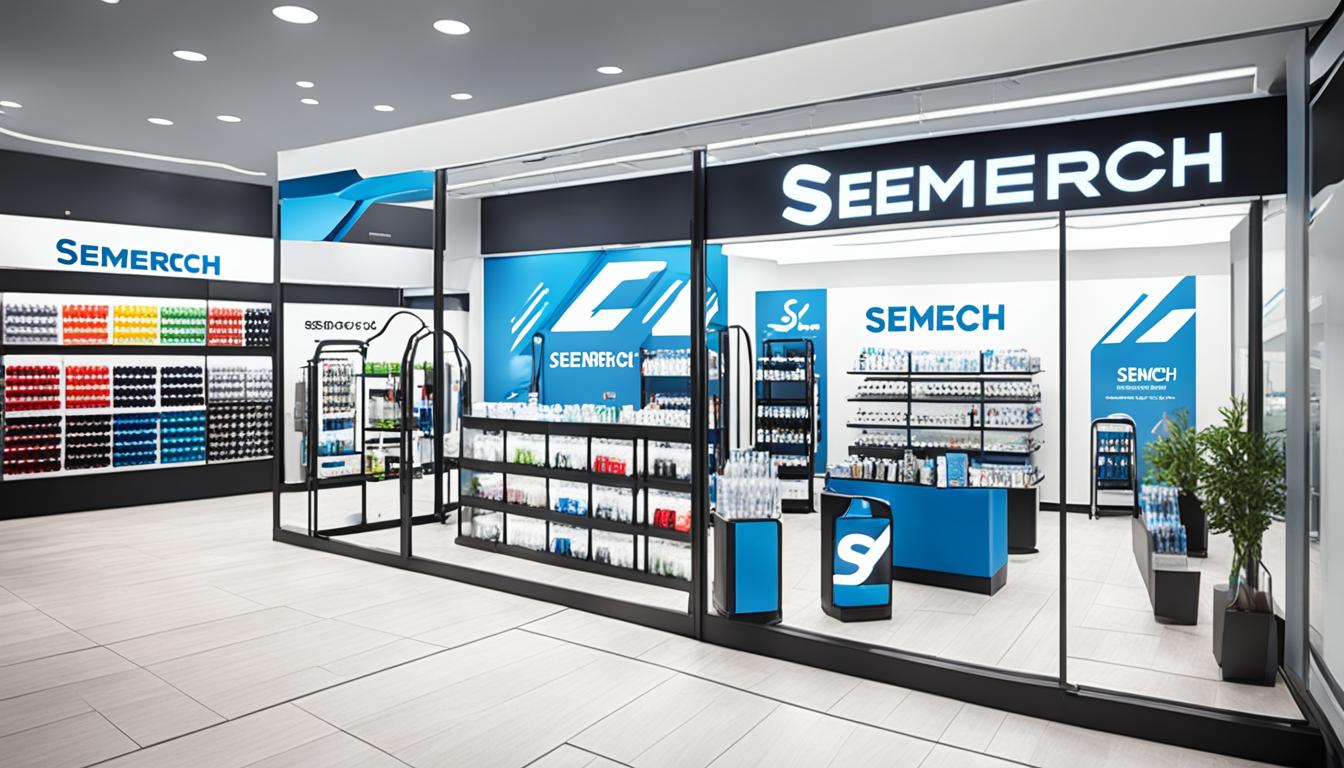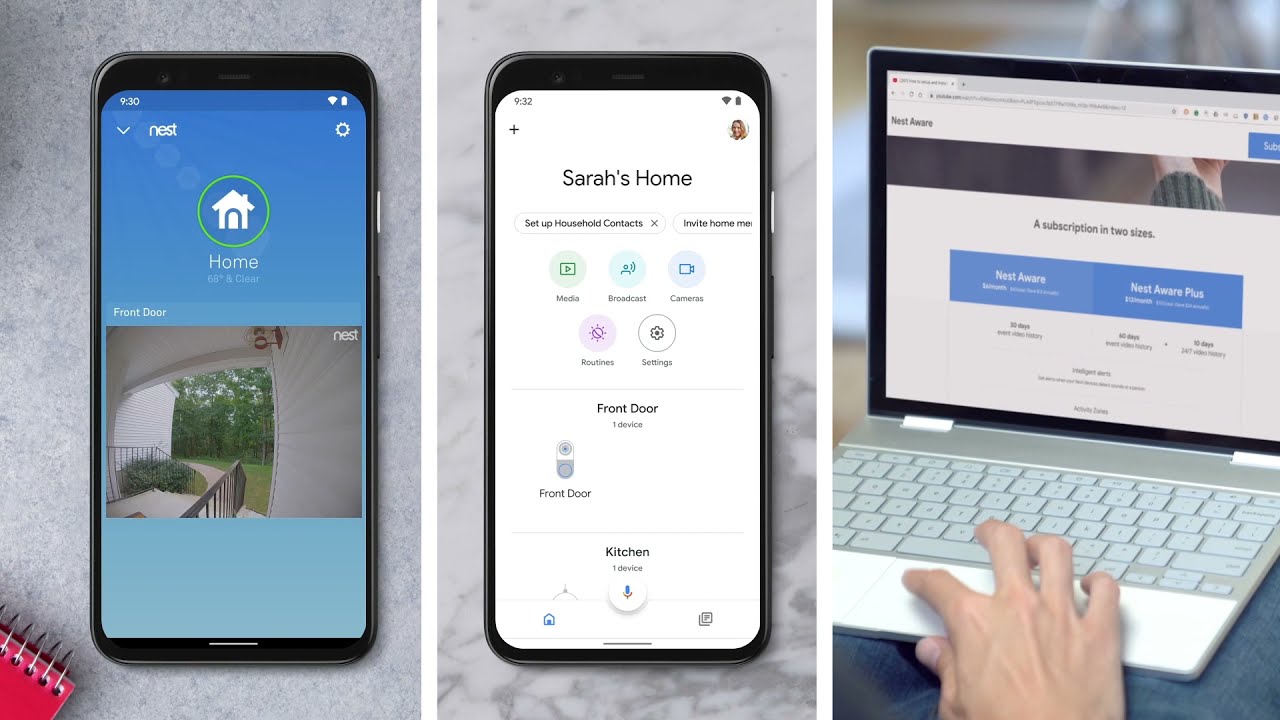Google has entered into a strategic technology partnership with augmented reality startup Magic Leap, and the two companies are working together to build immersive experiences that blend the physical and digital worlds.
Magic Leap said in a blog post that the two companies had agreed to the partnership, and a spokesman for the search giant confirmed the agreement.
Regardless of the lack of details, the announcement adds to the signs that Google may be planning to return to the augmented and virtual reality market to compete with Meta and Apple.
Magic Leap explained that the partnership combines Magic Leap’s expertise in the field of optics and device manufacturing with Google’s technology platforms.
“We have two different versions of augmented reality devices so far,” Magic Leap said, “and Google has a long history in terms of platforms, and by bringing the experiences together, there are a lot of things we might do.”
Google is an investor in Magic Leap, which is majority owned by the Public Investment Fund of Saudi Arabia.
Both Google and Magic Leap declined to specify whether this partnership could result in a consumer device or not.
Google has also been cooperating with Samsung since early last year to develop mixed reality technologies.
During its annual developers conference, Google demonstrated an artificial intelligence agent called Project Astra by having a person wear a prototype of glasses and asking the customer questions about what that person was seeing.
The AI agent provided the answers in voice, along with digital text answers overlaid with the lenses.
This function is similar to what Meta plans for its smart glasses, which last year received an artificial intelligence assistant.
In April, the glasses received an update that allows the artificial intelligence assistant to recognize the things the wearer sees by voice.
If Google returns again to making augmented reality glasses, this will be another dramatic development in the company’s ongoing relationship with technology.
Google was the first mover in what it described as the augmented reality revolution more than a decade ago when it introduced its Google Glass smart glasses, although it withdrew from the consumer market in 2015, and later abandoned the enterprise market as well.



